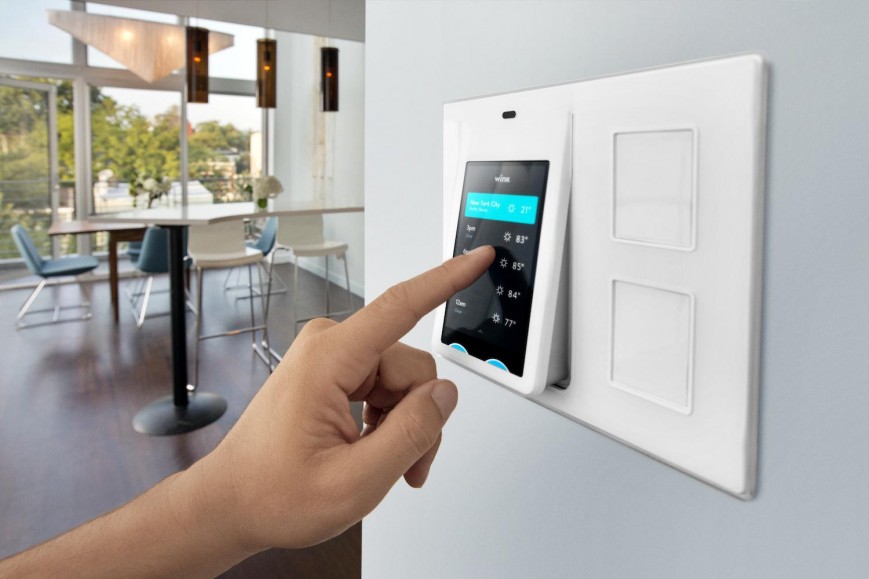Security and the Internet of Things
 In the past few years, technology has evolved in such a way that everyday objects like door locks, air conditioners, televisions, and refrigerators have network connectivity, allowing them to send and receive data. This is otherwise known as the Internet of Things, or IoT.
In the past few years, technology has evolved in such a way that everyday objects like door locks, air conditioners, televisions, and refrigerators have network connectivity, allowing them to send and receive data. This is otherwise known as the Internet of Things, or IoT.
In the midst of this technological revolution, we must ask an important question: is it safe to let internet connectivity influence most of what we do every day? Although the IoT is enticing, it has inherent risks and problems. Take, for instance, door locks. Using old fashioned keys meant nobody could gain physical access into your house as long as you had the key. You didn’t need to worry, so long as you didn’t lend copies of your keys to too many people. These days, many door locks are digitized. Consequently, any hacker from any part of the world can gain access into your house by hacking into your security system. If you have your TV, AC, and lights digitized as well, a hacker can enjoy changing TV channels, meddling with room temperatures, and shutting off your lights in your own house. Hackers can even broadcast your privacy online. Having too many security cameras monitored online is also a risk to your privacy. Having a sensor that detects the time when you enter or exit your house could potentially allow hackers to coordinate break-ins if they know what time of the day your house is vacant.
Not everyone has adapted to the IoT. Imagine you are locked out of your house because either you forgot the digital code or because of a technical issue. The local locksmith can’t assist with an IoT lock. What if your smart light system (which replaced your traditional bulb) goes awry? Likewise, your traditional electrician wouldn’t be equipped to fix this. Additionally, your smart devices could suddenly undergo technical redundancy, in which case regular updates and upgrades of operating systems become unavailable. What if the manufacturer goes out of business, discontinues, or stops upgrading? Is just having passwords and antivirus software enough to protect your computer and network systems in this era where entire nations are under threat of being hacked?
Like most technology, IoT is a blessing and a curse. Along with impressive benefits come disturbing risks. If you stick to traditional lock and key you might save yourself from digital trespassing, but you might miss your opportunity to record a theft in action. Approach IoT slowly and deliberately by making security your top priority.
For expert advice on physical and cybersecurity, visit Taino Consulting Group online at www.tainoconsultinggroup.com.
